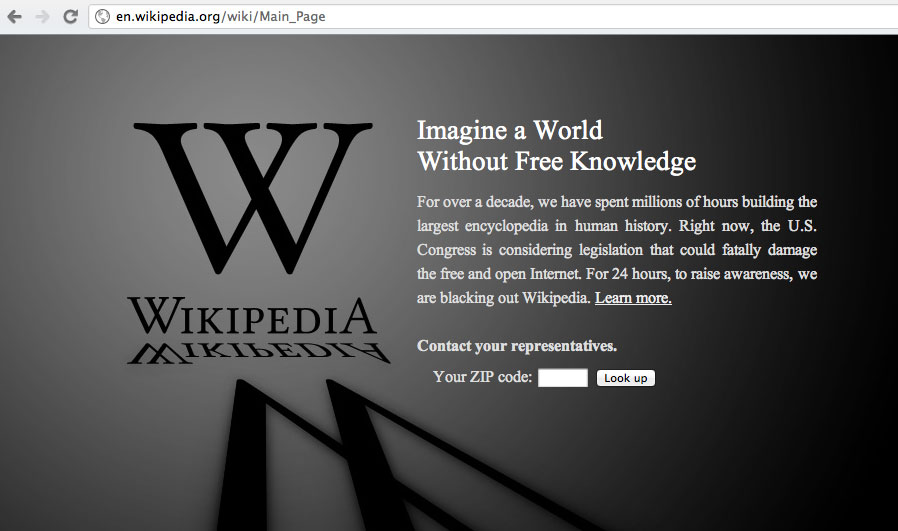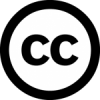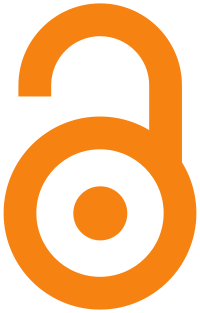Why is Wikipedia down today? (Jan. 18, 2012)

Major websites such as Wikipedia and the Internet Archive are holding blackouts today, January 18, 2012, in protest of two anti-piracy bills currently before Congress. Many believe that the Stop Online Piracy Act (SOPA) and the Protect Intellectual Property Act (PIPA) go too far in their efforts to curb illegal downloading and streaming of movies and television shows.
The stated intent of these acts is to protect the intellectual property rights of copyright holders (sometimes the authors or creators but more frequently the large media corporations who own the works). However, if passed into law, they may set a dangerous precedent for permitting private companies to block access to information. Wikipedia, among other sites, has chosen to do just that today – block access to the information that millions of us seek every day – in order to highlight what they feel could happen if SOPA and PIPA are passed.
What do you think about this topic? Read more here:
⇒ “A Political Coming of Age for the Tech Industry” (The New York Times)
On a lighter note…
⇒ “Wikipedia Blackout: A Nation of Students Mourn” (The Guardian)
(compilation of tweets, may contain foul language)
Register your opinion on SOPA/PIPA with Congress:
⇒ PopVox: What’s Your Position on the Stop Online Piracy Act (SOPA)?
⇒ PopVox: What’s Your Position on the Protect IP Act (PIPA)?
 Next time you’re writing a paper, putting together a presentation, uploading a video to YouTube, or updating your website, why not tell your audience that you’ve decided to expand access to your work?
Next time you’re writing a paper, putting together a presentation, uploading a video to YouTube, or updating your website, why not tell your audience that you’ve decided to expand access to your work?  Join us on Thursday, October 27, at 10:30 a.m. in 90 Snell Library for a presentation on open textbooks. Michael Boezi, editorial director of
Join us on Thursday, October 27, at 10:30 a.m. in 90 Snell Library for a presentation on open textbooks. Michael Boezi, editorial director of